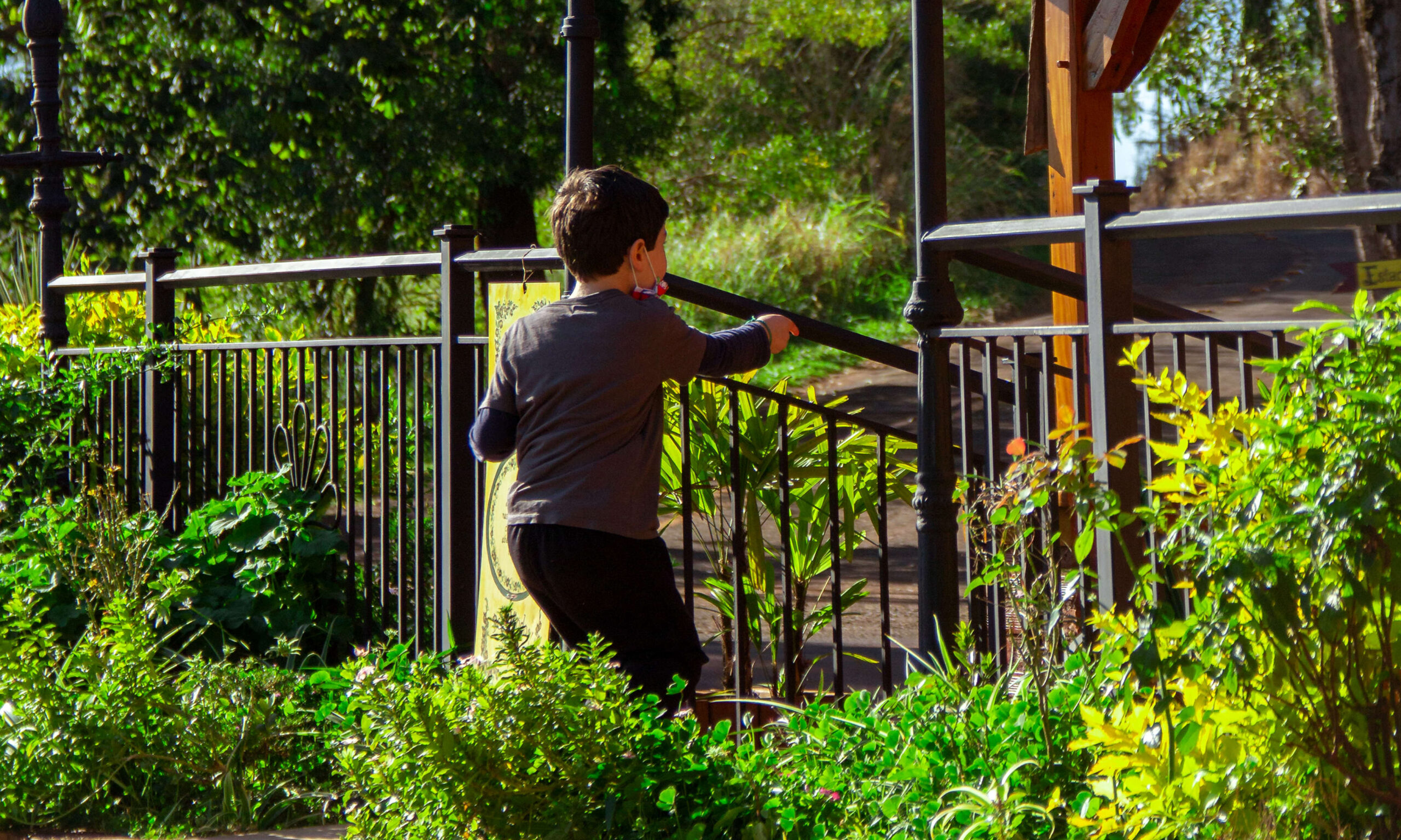“It’s been a big step forward for me to understand that my kids want to be responsible, contributing, loving people and that any efforts on my part to push them in that direction are more likely to de-rail that process than help it.”
– Teresa Pitman
From the archives: The original post was posted on the Radical Unschoolers’ List on 18th December, 1998
[Quoted poster’s name deleted], the things you are saying here make a lot of sense to me and this really meshes with my own thinking on these issues.
[Quote partly snipped about a situation in which people were suggesting to someone that she must use “natural consequences” on her son.]
“‘He’s got to learn…’ was the cry.
I suggested that a better solution might be to include all participants in the conflict to brainstorm ideas in a non-adversarial way to get everyone’s needs met. People looked at me warily … (uh-oh, they may have secretly worried… is somebody going to get away with something??). I cheerfully suggested a possible solution.”
In the book The Continuum Concept—a book many of you may have read, and one that I have learned a lot from—the author gives an example from the stone-age tribe she is visiting. One of the tribe members, for various reasons, decides not to plant his own garden as the other tribe members do. The others cheerfully share their food with him, with no resentment or complaints about his laziness or selfishness. This goes on for several years, until one spring, he plants his own garden. The others are not surprised, just amused that their friend has finally discovered the pleasure of having his own garden.
One message I got from this book is that people innately desire to become responsible, to have caring relationships and to work as part of a community. If this is true, then our job as parents is not to train our children to be any of these things, because they will do them naturally. Our job is more to meet those needs they are not able to meet on their own, and to not disrupt their natural process of growing up.
“For example, here’s how we deal with the car seat issue in my house. DH is a long-legged six footer … I’m petite 🙂 plus I like to sit close to the steering wheel. I often am distracted when getting out of the car between kids, packages, etc. and forget to move the seat back if he’s going to use the car. His solution: push the little button on the side of the seat and adjust the seat to his liking.”
This makes sense to me. I have four drivers in my family (my 3 oldest kids and me) and only one car. None of us can know who will be driving the car next, so we just adjust the seat to suit us as we get in. Not a big deal.
“So, as far as enabling … here’s the problem I see. If you consider yourself to be enabling another person, that would mean you’ve already decided the person can do something on their own without your help. What are you basing that on? Their age? Comparison with others of their age? (uh-oh, lots of enabled nursing toddlers out there huh?) Your own abilities? (Why when I was your age!) So right away you’re not taking the person seriously. To me expectations are really requirements in disguise if they are to be ‘enforced.’”
This is sort of what I was trying to say when I gave my example of helping my friend out when her car ran out of gas. Someone else asked if I would continue to help her if she frequently ran out of gas, or if I had reminded her to buy gas and she hadn’t done it. Well, of course I would. This particular friend has five kids, all homeschooled, a husband whose job takes him out of town for months at a time. Her youngest son has a heart condition, and her elderly mother, who is quite ill, also lives with her. So she has lots on her mind and it’s not surprising that she sometimes runs out of gas or needs other help. If I can help her, why wouldn’t I?
I think many of us still struggle with the idea that unless we make our kids do things they will never do anything good but just be bad, lazy, horrible people. I’m exaggerating here, but I know that’s basically what my parents believed, and I know that’s what some religions teach. It’s been a big step forward for me to understand that my kids want to be responsible, contributing, loving people and that any efforts on my part to push them in that direction are more likely to de-rail that process than help it.
See also:
- Possible subtle housework coercion
- Parents accept costs and inconvenience for their children
- (NOT) listening to children
Teresa Pitman, 1998, ‘Natural consequences and “enabling”’, https://takingchildrenseriously.com/natural-consequences-and-enabling/
